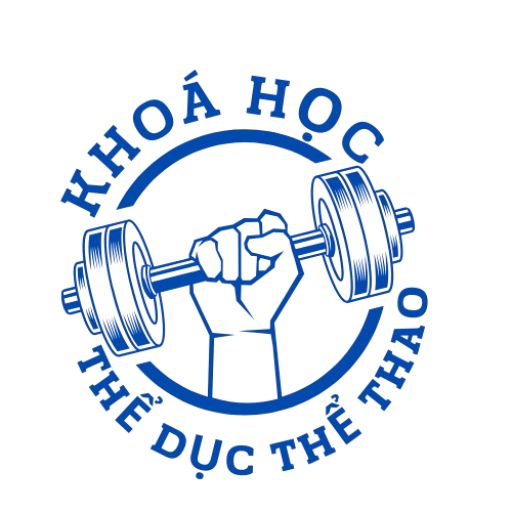international enterprises, media powerhouses, and progressive revenue-generating systems. This sophisticated matrix yielded in excess of 4.5B EUR per annum throughout the 2023-2025 period, through commercial partnerships representing 27% of aggregate income as reported by industry analysts[1][10][11]. https://income-partners.net/
## Fundamental Financial Foundations
### Elite Tournament Partnerships
The continent’s top-tier football tournament operates as the economic cornerstone, securing a dozen international sponsors including the Dutch brewer (€65M annual commitment)[8][11], the interactive entertainment leader[11], and Qatar Airways[3]. These partnerships jointly generate €606.33 million annually via UEFA-managed contracts[1][8].
Significant partnership shifts include:
– Industry variety: Expanding past conventional backers including digital payment platforms[2][15]
– Regional activation packages: Tech-driven advertising solutions in Asian and American markets[3][9]
– Female competition backing: PlayStation’s parallel strategy covering both UCL and Women’s EURO[11]
### Television Revenue Leadership
Broadcast partnership deals constitute the majority financial component, yielding 2.6B euros per year from Europe’s elite competition[4][7]. Euro 2024’s broadcast rights exceeded previous records via agreements across five continents[15]:
– BBC/ITV (UK) securing historic ratings[10]
– BeIN Sports (France)[2]
– Wowow (Japan)[2]
Technological shifts feature:
– Digital service provider expansion: Disney+ Hotstar’s Asian strategy[7]
– Combined broadcast approaches: Multi-channel delivery on linear TV and social media[7][18]
## Revenue Allocation Systems
### Participant Payment Systems
UEFA’s revenue-sharing protocol directs the overwhelming majority of profits toward sport development[6][14][15]:
– Results-contingent payments: Top-performing clubs earn nine-figure sums[6][12]
– Solidarity payments: over 200 million euros yearly for lower-tier teams[14][16]
– Market pool allocations: English top-flight teams secured over a billion in domestic deals[12][16]
### 2. National Association Funding
UEFA’s development initiative channels two-thirds of championship revenue by way of:
– Stadium developments: Pan-European training center construction[10][15]
– Junior development programs: Supporting 100+ youth schemes[14][15]
– Gender equity programs: €41M prize pool[6][14]
## Modern Complexities
### Revenue Gaps
England’s top-flight financial dominance substantially exceeds Spain and Germany’s league incomes[12], fueling competitive imbalance. UEFA’s financial fair play seek to address these gaps through:
– Compensation restriction models[12][17]
– Acquisition policy changes[12][13]
– Enhanced solidarity payments[6][14]
### Commercial Partnership Controversies
Despite generating unprecedented commercial revenue[10], over a sixth of English football backers are betting companies[17], fueling:
– Addiction concerns[17]
– Government oversight[13][17]
– Public relations challenges[9][17]
Innovative organizations are pivoting toward ethical sponsorship models including:
– Environmental initiatives collaborating with eco-conscious brands[9]
– Social development schemes funded by banking institutions[5][16]
– STEM training alliances with electronics manufacturers[11][18]

